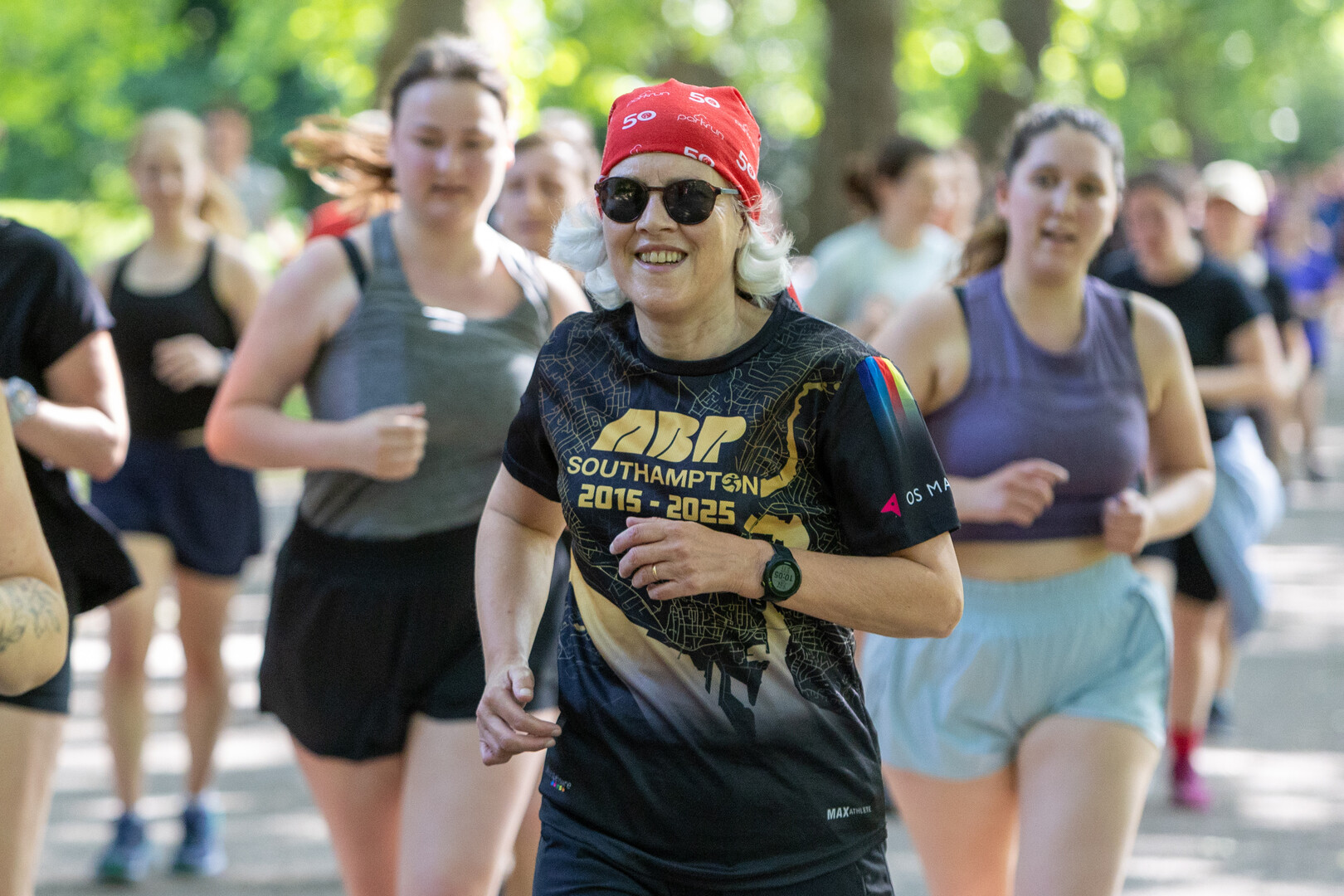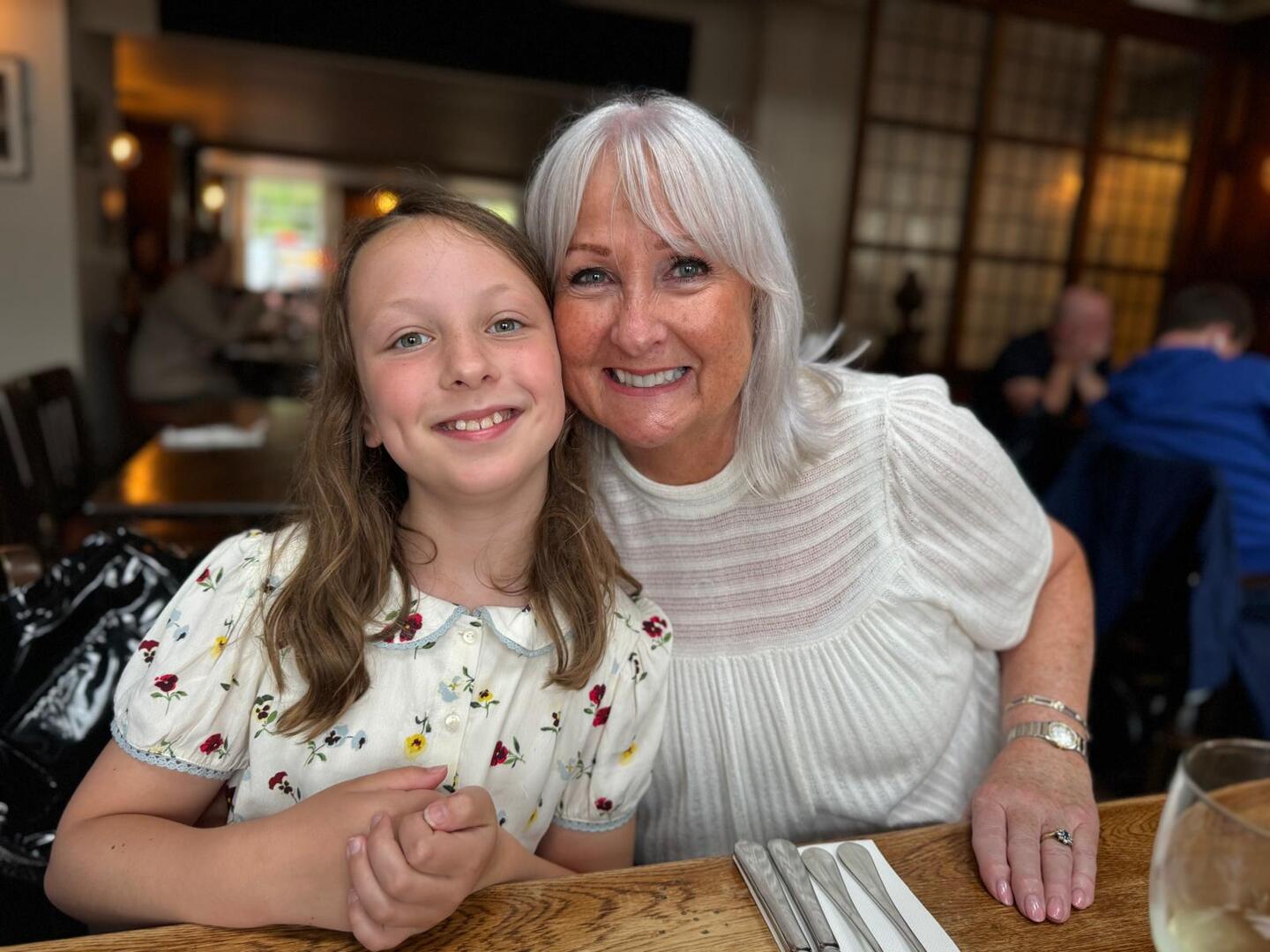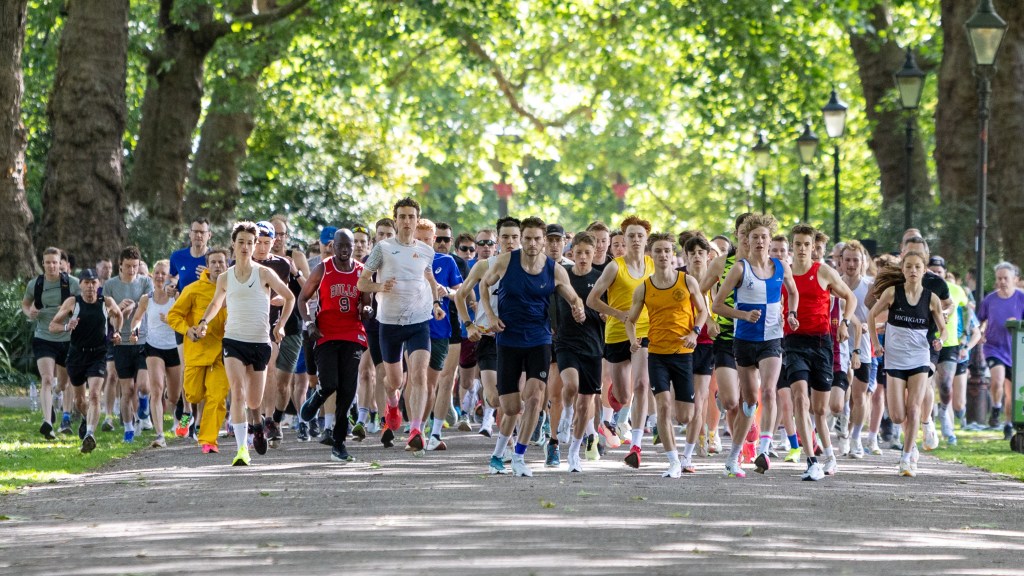Study Reveals Exercise More Effective than Drugs in Preventing Colon Cancer Recurrence
New research indicates that engaging in exercise may be more effective than medication in preventing the recurrence of colon cancer. The study highlights that patients with advanced colon cancer who adhered to an “exercise prescription” following their treatment were approximately 33% less likely to succumb to the disease.
This important finding has the potential to reshape global approaches to cancer recovery.
In the UK, around 31,800 colon cancer cases are diagnosed annually, leading to 9,500 fatalities each year. Among patients with advanced colon cancer, research indicates that 30% experience a relapse and ultimately die following their initial treatment.
While this trial focused specifically on colon cancer, researchers believe that the positive effects of exercise may extend to improving outcomes for various other cancer types.

The CO21 Challenge trial, partly funded by Cancer Research UK’s Stand Up To Cancer initiative, involved 889 participants who completed chemotherapy and surgery for advanced colon cancer over the course of the study from 2009 to 2023.
Of these patients, 445 were randomly assigned to a structured exercise program, while the remaining participants received health education resources that emphasized physical activity and proper nutrition.
The exercise program aimed for participants to boost their activity levels by ten metabolic equivalent task hours weekly, equivalent to approximately three to four brisk walks of 45 to 60 minutes each or three to four 25-minute jogging sessions.
Participants collaborated with personal trainers to craft individualized “exercise prescriptions” tailored to their fitness levels and preferences, incorporating activities like swimming, circuit training, running, and walking.
The program extended over three years, beginning with biweekly coaching sessions in the first year, which transitioned to monthly meetings in subsequent years.
Results showed that after five years, 80% of patients who exercised regularly were cancer-free, compared to 74% in the control group, representing a 28% reduction in the risk of cancer recurrence or mortality within this timeframe.
Eight years post-treatment, the overall survival rate was 90% in the exercise group versus 83% in the control group, indicating a 37% decrease in death risk associated with the exercise intervention.
Lead researcher Christian Booth from Queen’s University in Canada stated, “For every 14 patients who participated in the exercise program, one life was saved. This survival advantage was particularly linked to reduced mortality from colon cancer, rather than cardiovascular complications.”
Booth emphasized that this trial establishes a new benchmark in colon cancer care, showcasing how a structured exercise regimen following surgery and chemotherapy can considerably enhance fitness, extend disease-free survival, and improve overall life expectancy. He noted, “The magnitude of benefit from this approach is significant.”
In addition to benefits for colon cancer, signs indicated that fewer participants in the exercise group developed breast cancer — only two out of those receiving exercise prescriptions compared to 12 in the control group.
Sir Stephen Powis, the national medical director of NHS, remarked that these groundbreaking findings imply that intentional exercise, from leisurely walks to intense workouts, can significantly enhance the body’s defenses against cancer recurrence and ultimately save lives.
Powis acknowledged that post-treatment exercise can present challenges, but advised that specialized teams within the NHS can support cancer patients in increasing their physical activity following treatment completion.
The trial’s findings were shared at the American Society for Clinical Oncology’s (ASCO) annual meeting in Chicago and highlighted a session titled “As Good as a Drug.”
Julie Gralow, ASCO’s chief medical officer and executive vice-president, suggested renaming the session to “Better Than a Drug” due to the absence of typical side effects associated with medication.
Gralow added, “The benefits observed are comparable to those many drugs achieve approval for — a 28% reduced risk of recurrence and a 37% decreased risk of death. Drugs typically retrieve approval for far less efficacy and often come with high costs and toxicity.”
Participants Share Inspiring Stories
Margaret Tubridy, a participant from north Belfast, expressed delight in discovering regular exercise through the trial. The 69-year-old, diagnosed with colon cancer five years ago, currently shows no signs of disease recurrence.
“I had never exercised before, but with support and encouragement, I was able to increase my walking, which led to participating in gym classes. Now I engage in weight training twice weekly and participate in a walking group,” said Tubridy.
A grandmother of five, Tubridy added, “It’s been nearly five years since my diagnosis and I feel great, thanks to my involvement in the trial. I’m stronger, fitter, and less anxious than ever. I never anticipated being active at 69, but I’ve truly enjoyed it.”

The study, featuring participants from six countries and led by the Canadian Cancer Trials Group, is the first randomized controlled trial to investigate the benefits of exercise in cancer recovery.
Professor Charles Swanton, chief clinician at Cancer Research UK, remarked, “Exercise presents extraordinary advantages for patients — an intervention that is not a drug. For some individuals with colon cancer, engaging in physical activity can significantly alter the trajectory of their recovery. These findings suggest that oncologists should consider endorsing structured exercise programs post-surgery to enhance patients’ survival odds.”
The research findings were published in the New England Journal of Medicine.




Post Comment